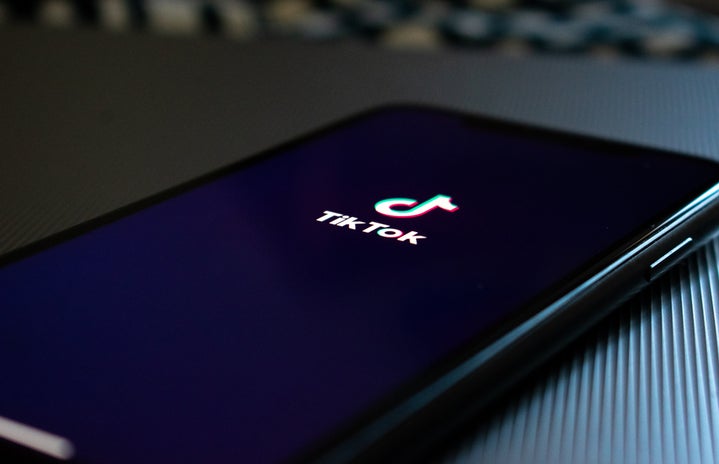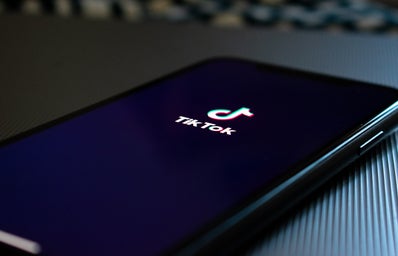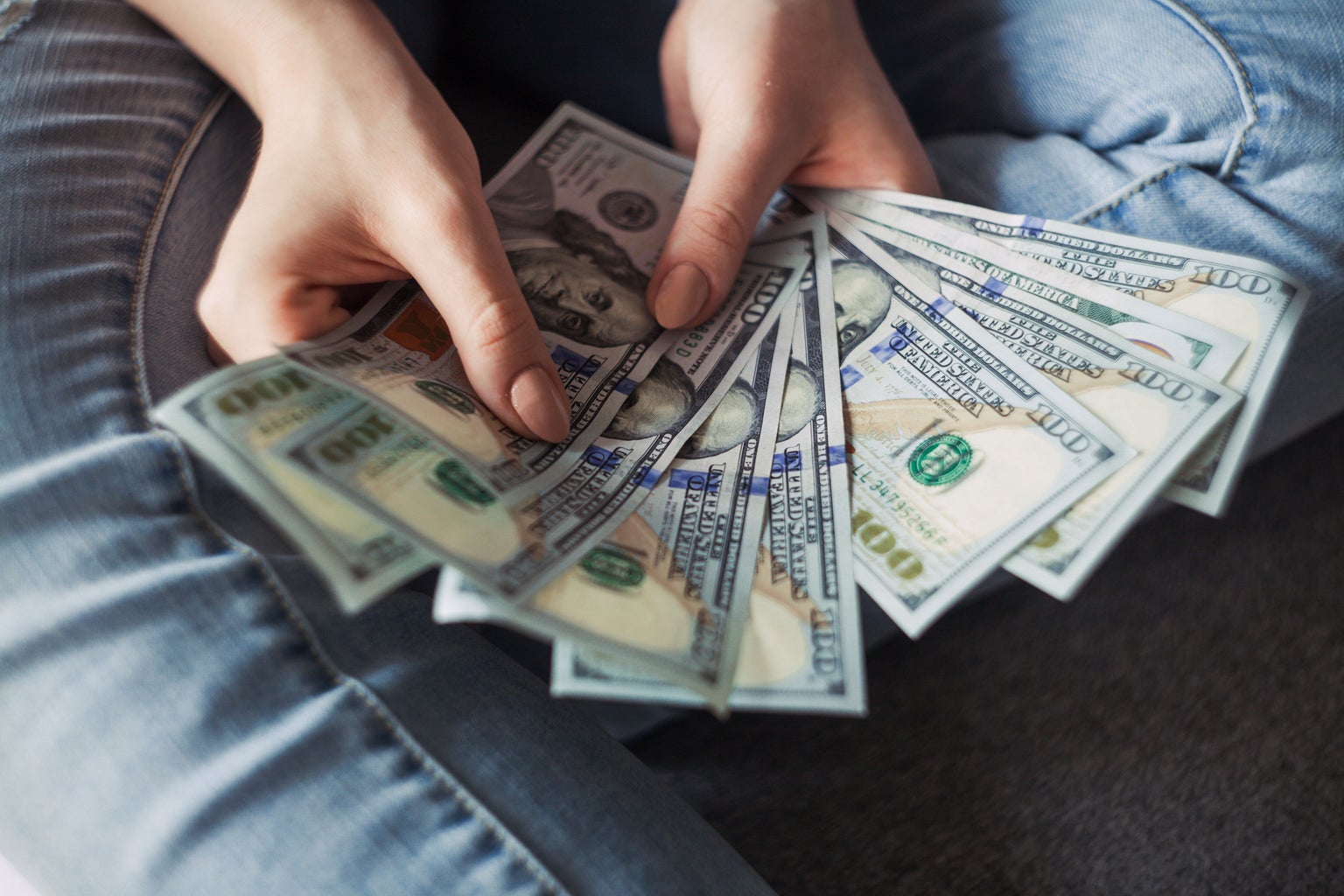When Charli D’Amelio’s first TikTok blew up, I was not impressed, and neither was the rest of the platform. It was 2019, and in the Musical.ly to TikTok transition, the platform was a mess of pseudo-Vines and users trying to decide if making TikToks was cringey or actually fun. So when Charli first blew up, the platform engaged in an unserious, misogynistic debate about who deserves to be famous and why Charli was not one of those people (she was 15 at the time). However, despite my initial reaction to Charli’s videos leaning negative, I realized that she wasn’t doing any harm, and that she was just a teenager having fun who happened to get lucky. Her rapid rise to fame intrigued me, and when I heard the D’Amelios were getting their own reality show, I was excited for a peek into the life of a famous teenager. What would it be like, going to red carpets, meeting other celebrities, all while having a relatively easy job that brings in major checks?
What The D’Amelio Show presented, however, was far more bleak. Family infighting, mental health crises, and relationship drama make up the entirety of the show, nearly every episode featuring a moment where Charli and Dixie existentially wonder if they’re really happy doing what they were pushed into. The adults around them leech off the girls’ fame, pushing them from business opportunity to business opportunity and subsequently wondering why the teenagers are so tired and mentally unwell. In the latest season of The D’Amelio Show, Charli receives an opportunity to fly to Japan for an advertisement shoot, and her family tags along, vacationing while Charli works. When Charli becomes upset that none of them showed up to her shoot and instead spent the day as tourists, she half-jokingly calls them leeches. The family brushes off her concerns and continues their pattern of behavior. (In an even more unfortunate twist of events, Charli finds out later that the family’s manager, Greg, explicitly told the family to not come to the shoot, and ignored Charli when she asked where they were on the day.)
Charli D’Amelio’s name created an empire; her family and the team of people working around her know this and take advantage of it. When Charli turns down a business opportunity, she is painted as a lazy, stubborn teen (ironic, considering she literally is still a teen)—rather than understanding that her position is incredibly overwhelming, the adults in her life push her to her absolute limit and become confused when she snaps. In her confessionals, Charli repeatedly brings up that she was thrown into this life by accident, and while she is grateful for her luck she feels that its novelty makes it difficult to manage. Charli, despite being the forefront of the D’Amelio brand and the catalyst for its very existence, appears to be the only member of her family who remains grounded in her pre-fame reality. It is tragic to hear her say she wishes she went to prom or college and her family brushes her regrets aside in the face of more money-making opportunities. Charli herself has become a cash-grab.
There is, of course, no reason I or any other viewer should sympathize with a millionaire. But my heart breaks for the teenager who didn’t get teenage years, each detail of her reckoning with her status being filmed for entertainment. Whether or not Charli deserves her fame, she does deserve happiness. And it doesn’t seem like the people around her are willing to offer that.




